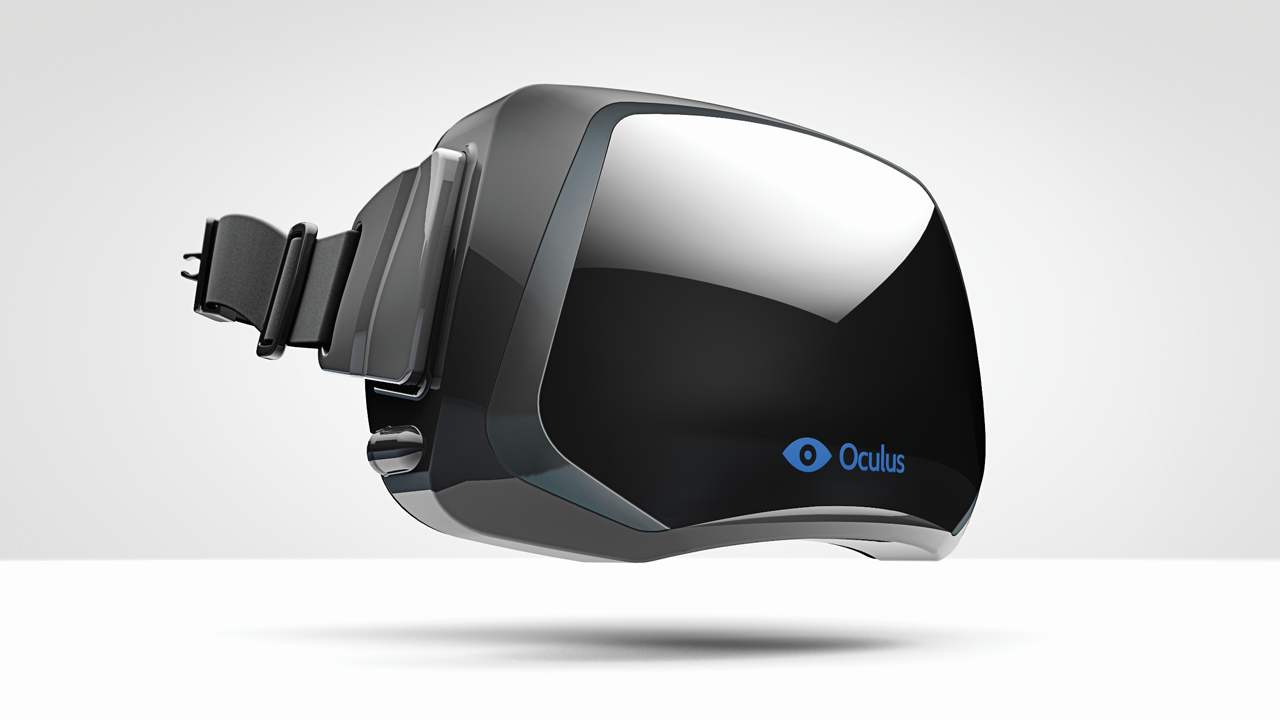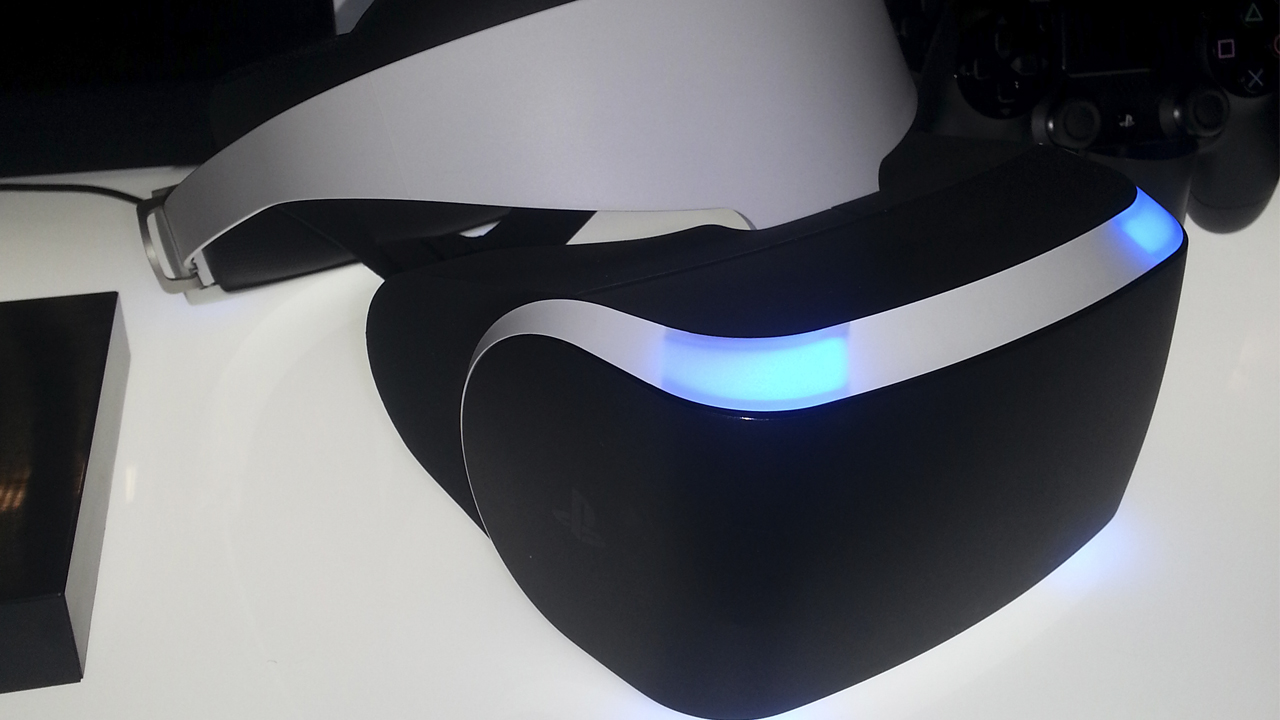Can Oculus Rift eclipse smartphones? Epic Games' founder thinks so
Aside from the occasional Hilarious April Fool’s Prank®, it seems Oculus VR is all anyone is talking about these days. And there’s a lot to talk about; whether it’s indictments or defenses of the recent Facebook acquisition, high-ranking Valve employees migrating, Palmer Luckey receiving death threats--or, now, Epic Games founder Tim Sweeney saying some outlandish things about the potential of virtual reality. Specifically, Sweeney said in a recent Polygon interview that he thinks VR is technology that “will completely change the world,” and “it's going to be a bigger phenomenon than smartphones.” These statements encapsulate the hype--and, perhaps, hyperbole--that’s surrounding Oculus and VR in general.
So, is Sweeney pulling another April Fool’s joke on us? No, he totally means it. But is he right? His illustrious title of Guy Who Made the Unreal Engine certainly lends credibility to his momentous prediction, but it’s still quite a claim for a device which, as of this very moment, has virtually zero mainstream appeal. Look at it like this: It took a few years, but smartphones are positively ubiquitous now. Let’s single out the iPhone, which Sweeney directly compares to the Oculus Rift in the interview. To date, the iPhone has sold over 400 million units. Put another way, that’s more than one iPhone for every person living in the United States. And stepping back a bit, the iPhone only constitutes 42% of the current smartphone market. So, there’s roughly one smartphone for every eight people on the planet.

Achieving that kind of worldwide dominance took time--it’s been seven years since the first iPhone’s release kicked off this whole smartphone thing in earnest, and it was slow-going in the beginning thanks to limited supply and prohibitive pricing. That makes it an apt comparison for the Rift, which will likely have a high price and limited appeal out of the gate. But a smartphone is an easy sell: it’s a logical extension of a product people were already familiar with, and it marries two popular pastimes--surfing the Internet and talking on the phone. VR, in its current form, is largely being used for games and game-like experiences, making it far less interesting to non-enthusiasts. There’s also the psychological barrier of strapping a massive black brick to your head, which is probably enough to turn off some prospective users.
Sweeney acknowledges the product’s limited appeal in the interview, saying that “it has some real flaws that prevents it from being a pervasive device for everyone,” as the iPhone did when it first launched. But he goes on: “There might be an audience for 10 million users of the current tech, but as it improves with each generation, the audience is going to keep growing.” Sweeney’s clearly not intending that number as hard data, but it’s a peculiar figure nonetheless. The iPhone took over a year and a second hardware iteration to break 6 million units. And that was a product with instant mainstream appeal.

I have no doubt that Oculus Rift could become huge. It’s already spawning derivatives in the marketplace with Sony’s Project Morpheus, which was a factor that contributed heavily to smartphone proliferation. And, while the Rift is used almost exclusively for games now, that doesn’t mean it won’t have plenty of other applications in the near future. On top of that, people are at least becoming more familiar with the concept of “wearables,” what with all the smart watches and Google Glasses going around. It’s just hard to imagine it catching like wildfire in the same way as the iPhone.
Whether or not the Oculus Rift or VR in general catches on remains to be seen. And, no matter what I think, Tim Sweeney is right to be optimistic about its future. In fact, as an innovator and influential industry figure (and someone with a direct stake in the Rift), Sweeney’s practically obligated to talk up VR's potential. But looking at comments like his with some larger perspective makes it hard to take them literally. And the hyperbole may also prevent the Oculus from being taken seriously.
Sign up to the GamesRadar+ Newsletter
Weekly digests, tales from the communities you love, and more



